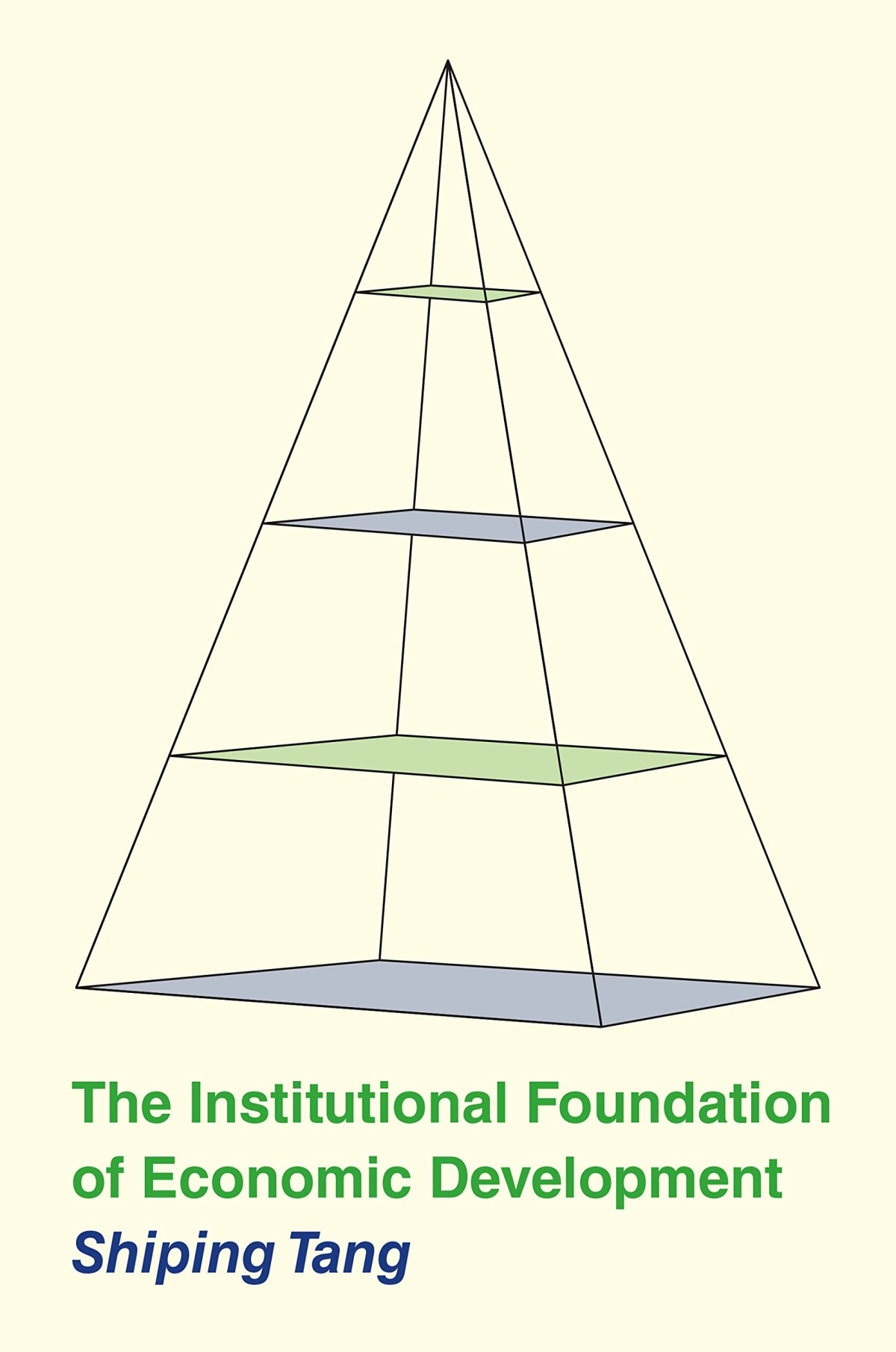

Most ebook files are in PDF format, so you can easily read them using various software such as Foxit Reader or directly on the Google Chrome browser.
Some ebook files are released by publishers in other formats such as .awz, .mobi, .epub, .fb2, etc. You may need to install specific software to read these formats on mobile/PC, such as Calibre.
Please read the tutorial at this link: https://ebookbell.com/faq
We offer FREE conversion to the popular formats you request; however, this may take some time. Therefore, right after payment, please email us, and we will try to provide the service as quickly as possible.
For some exceptional file formats or broken links (if any), please refrain from opening any disputes. Instead, email us first, and we will try to assist within a maximum of 6 hours.
EbookBell Team

0.0
0 reviewsA systemic account of how institutions shape economic development
Institutions matter for economic development. Yet despite this accepted wisdom, new institutional economics (NIE) has yet to provide a comprehensive look at what constitutes the institutional foundation of economic development (IFED). Bringing together findings from a range a fields, from development economics and development studies to political science and sociology,The Institutional Foundation of Economic Developmentexplores the precise mechanisms through which institutions affect growth.
Shiping Tang contends that institutions shape economic development through four “Big Things”: possibility, incentive, capability, and opportunity. From this perspective, IFED has six major dimensions: political hierarchy, property rights, social mobility, redistribution, innovation protection, and equal opportunity. Tang further argues that IFED is only one pillar within the New Development Triangle (NDT): sustained economic development also requires strong state capacity and sound socioeconomic policies.
Arguing for an evolutionary approach tied to a country’s stage of development,The Institutional Foundation of Economic Developmentadvances an understanding of institutions and economic development through a holistic, interdisciplinary lens.